All Stories
-
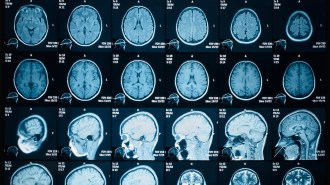 Health & Medicine
Health & MedicineWhat do we mean by ‘COVID-19 changes your brain’?
The events of our lives are reflected in the size, shape and behavior of our constantly changing brains. The effects of COVID-19 changes aren’t clear.
-
 Science & Society
Science & SocietyWhat made the last century’s great innovations possible?
Science paved the way for antibiotics, lasers, computers and COVID-19 vaccines, but science alone was not enough.
By Jon Gertner -
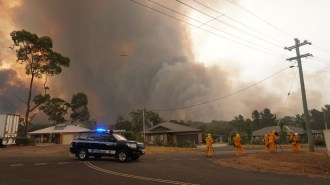 Climate
ClimateSmoke from Australia’s intense fires in 2019 and 2020 damaged the ozone layer
Massive fires like those that raged in Australia in 2019–2020 can eat away at Earth’s protective ozone layer, researchers find.
-
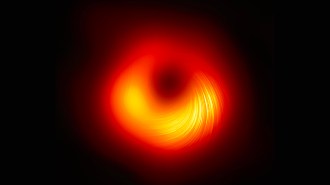 Particle Physics
Particle PhysicsHow light from black holes is narrowing the search for axions
The orientation of light waves from the region around galaxy M87’s central black hole rules out the existence of axions of a certain mass.
By Liz Kruesi -
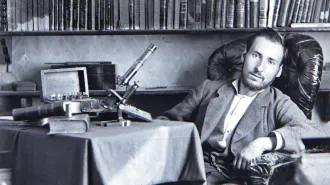 Neuroscience
NeuroscienceHow a scientist-artist transformed our view of the brain
The book ‘The Brain in Search of Itself’ chronicles the life of Santiago Ramón y Cajal, who discovered that the brain is made up of discrete cells.
-
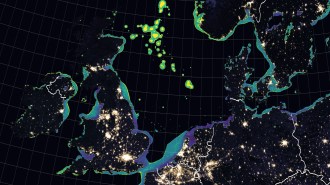 Oceans
OceansEven the sea has light pollution. These new maps show its extent
Coastal cities and offshore development create enough light to potentially alter behavior of tiny organisms dozens of meters below the surface.
-
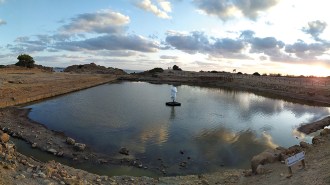 Archaeology
ArchaeologyAncient seafarers built the Mediterranean’s largest known sacred pool
The Olympic-sized pool, once thought to be an artificial inner harbor, helped Phoenicians track the stars and their gods, excavations reveal.
By Bruce Bower -
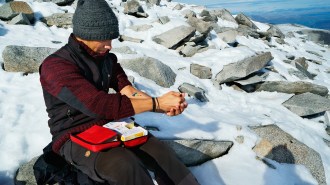 Health & Medicine
Health & MedicineA gene therapy for hemophilia boosts levels of a crucial clotting protein
A one-time, gene-based treatment for hemophilia increased the amount of a necessary blood clotting protein in men with a severe form of the disease.
-
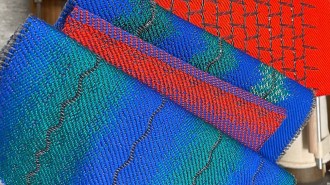 Materials Science
Materials ScienceThis fabric can hear your heartbeat
With special fibers that convert tiny vibrations to voltages, a new fabric senses sounds, letting it act as a microphone or a speaker.
-
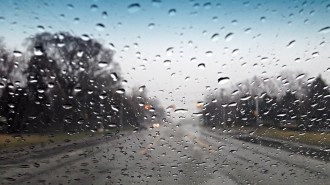 Physics
PhysicsPhysicists explain the mesmerizing movements of raindrops on car windshields
Wind and gravity compete to make some raindrops go up while others slide down, a mathematical analysis suggests.
-
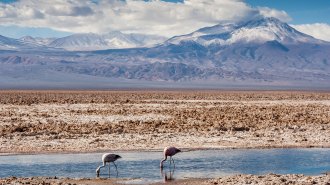 Life
LifeLithium mining may be putting some flamingos in Chile at risk
Climate change and lithium mining are threatening the flooded salt flats that flamingos in Chile depend on, a study suggests.
By Jake Buehler -
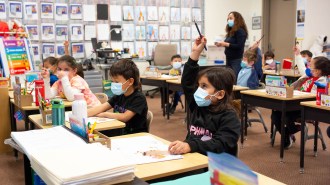 Health & Medicine
Health & MedicineSchool mask mandates in the U.S. reduced coronavirus transmission
Mandatory masking lowered transmission rates to nearly one-fourth those of schools where masks were optional, data from over 1 million children show.
By Anna Gibbs